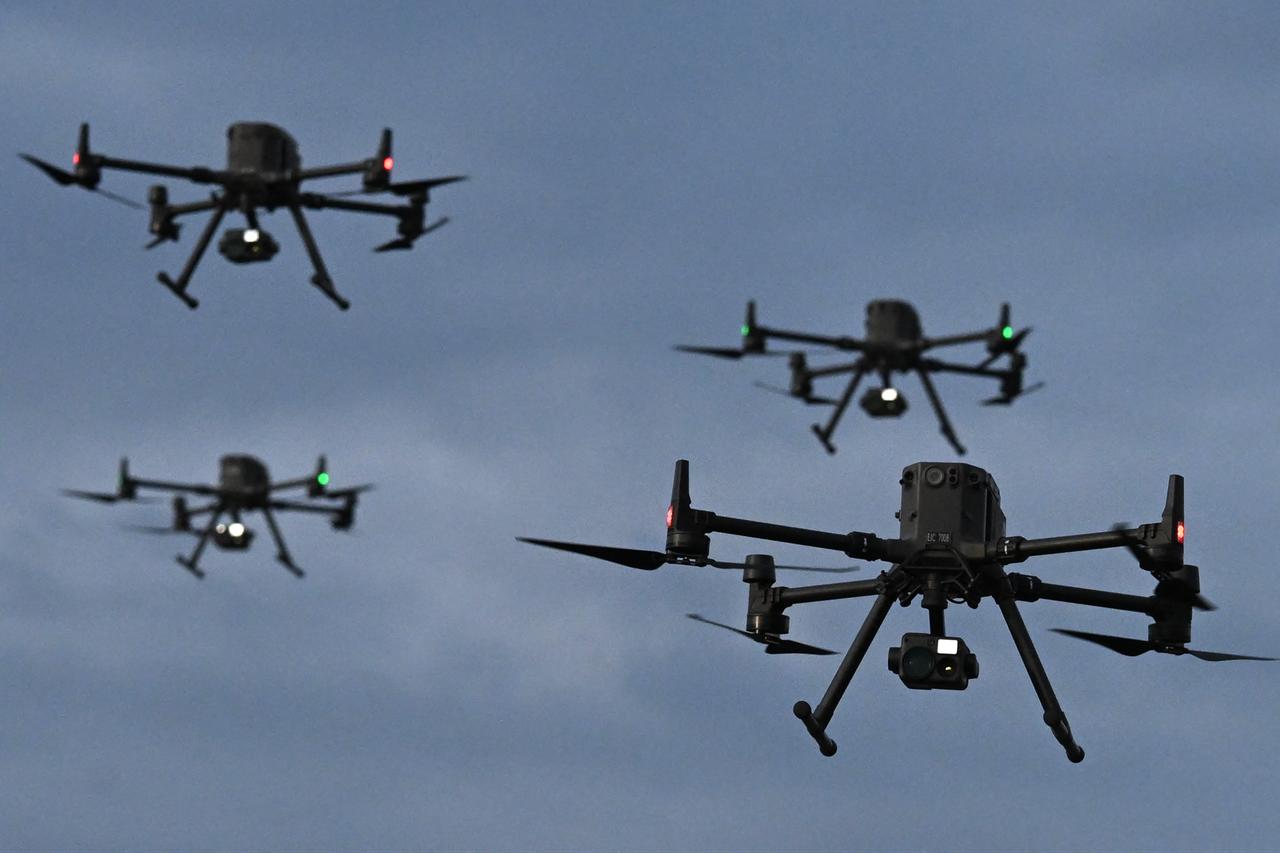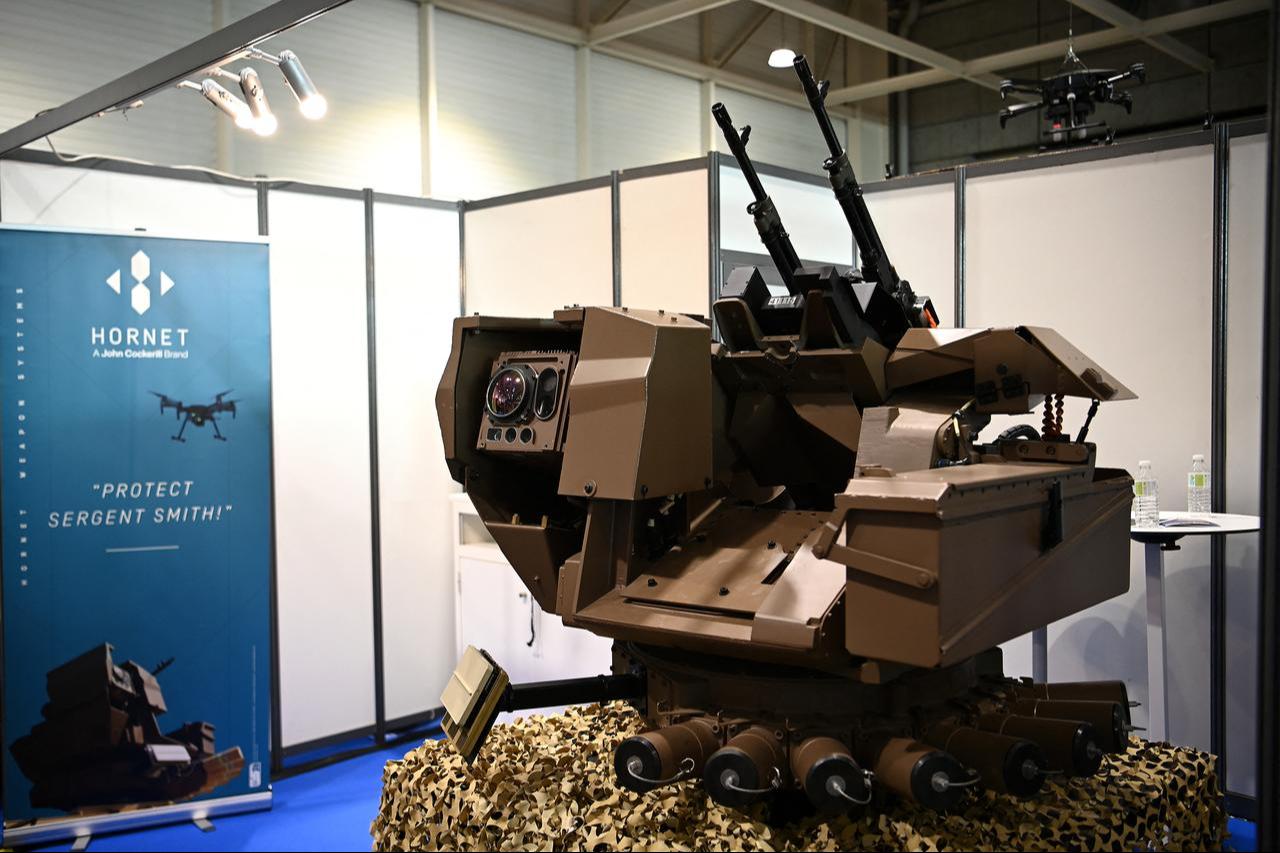
Greece opposes Türkiye's inclusion into the European Union's Drone Wall initiative that aims to improve the bloc's ability to detect, track, and neutralize unauthorized drones, local media reported on Thursday.
For Greece, which welcomed the initiative as an 'important step' for collective EU action against drone threats, Türkiye's exclusion is a "critical condition," according to Greek daily Kathimerini.
France and the Greek Cypriot Administration (GCA) also oppose Turkish participation in the program, the outlet reported. However, EU member states Germany, Italy, and Spain all support Türkiye's inclusion.

The Drone Wall initiative aims to improve the European bloc's ability to detect, track, and neutralize unauthorized drones, particularly in response to reported airspace violations by Russia.
In September, around 20 Russian drones allegedly entered Polish airspace, prompting immediate calls for action. Earlier incidents involved Russian jets and drones allegedly violating airspace over multiple European nations, exposing gaps in existing air defenses. Russia has denied any involvement.
European Commission President Ursula von der Leyen first publicly advocated for a "drone wall" in her annual State of the Union speech last month, framing it as part of an "Eastern Flank Watch" to safeguard Europe's vulnerable borders.
Defense ministers from 10 eastern EU countries bordering Russia – including Finland, Estonia, Latvia, Lithuania, and Poland – agreed to advance the project during a virtual meeting on September 26 with participation from Ukrainian and NATO officials.

The European Commission has approved a 5-year defense road map that features plans for a "drone wall" to be fully functional by the end of 2027.
"Our goal is to build our defense capabilities in order to deter," said EU Defense Commissioner Andrius Kubilius at a briefing in Brussels on Wednesday.
The European Commission plan says Russia and Belarus represent "the greatest threat," citing repeated violations of EU member states by unmanned aerial vehicles, or UAVs.
"This 'European Drone Wall' should build on the lessons learned from Ukraine about the key value of creating innovative drone and counter-drone ecosystems, linking defense R&D with production, and relying on scalable production capacity and continuous technological development," the plan states.
"Roadmap indicates: Europeans are going to invest till 2035 - €6.8 trillion ($7.9T). Into real defense 50% - €3.4 trillion ($3.9T). It is a real Big Bang - mainly based on national defense spending, which will be 100 times bigger than EU defense spending," the EU Defense Commissioner also noted.
"We want to achieve Defense Readiness before 2030. Because of Putin's plans. To deter aggression, prevent war, preserve peace," Kubilius stated, adding, "In order to achieve Defense Readiness 2030, we need to reach new NATO capability targets before 2030. Now we are at the level of 50% of those targets."
The EU drone initiative is just one part of the proposals, entitled Preserving Peace – Defense Readiness Roadmap 2030, which also features plans for using frozen Russian assets to provide Ukraine with regular funding, steps to push forward joint defense procurement, and a "military mobility package" to facilitate faster deployments of troops and equipment across Europe.